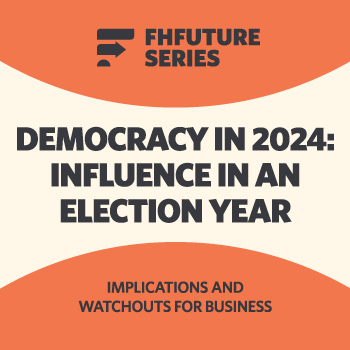Friday TechMunch: The Facebook Experiment
For one week in January 2012, Facebook altered the newsfeeds of 700,000 people. Some people were deliberately shown “happy” content; others were shown more negative posts. It was found that these users were more likely to post either especially positive or negative words themselves.
While the experiment has caused major controversy and split public opinion, the really interesting finding is that, even if we think Facebook is “creepy”, we are still reluctant to deactivate our accounts. Facebook is indispensable for so many of us.
How has the experiment confirmed this?
The world’s reaction to the experiment is divided. On the one hand, the results are not alarming or exciting. But it is harder to put a finger on what, exactly, has caused so many of us to feel uncomfortable about the experiment. There is definitely something troubling about Facebook deliberately “making us sad.” It is disturbing that they did this without our permission. Although not illegal, it feels unethical. Perhaps what is most alarming is that they even have the power to do this. Although far-fetched, it raises dystopian images of social platforms, governments or others trying to condition our feelings.
But despite this, I have visited Facebook multiple times this week, as I would any week. While countless people have voiced disapproval of Facebook’s actions, I would guess that next to no one has left the site. According to a poll by The Guardian, 66% of the people surveyed considered closing their Facebook account after learning of the experiment. The real number, although impossible to confirm, is nowhere near this percentage. So what makes us stay?
Our disapproval of Facebook’s recent experiment does not outweigh our reliance on the service. For many, we conduct our social lives through the platform. Arguably, we have come to view Facebook in the same way as owning a smartphone or TV – an essential part of our modern, technological, day to day life. The mass use of Facebook during The Fifa World Cup and the huge brand investment into social media in anticipation of this is evidence of how integrated Facebook is in our lives; and the reaction to the Facebook experiment confirms this. It will take a lot more than a “dodgy” social experiment for us to delete our accounts. Until then, Facebook will remain knitted into many of our modern lives. Whether the consequential power is troubling or not is a matter of individual opinion.
Find Out More
-
Democracy in 2024: Influence in an election year
May 2, 2024
-
Platinum CMS Award
March 13, 2024


